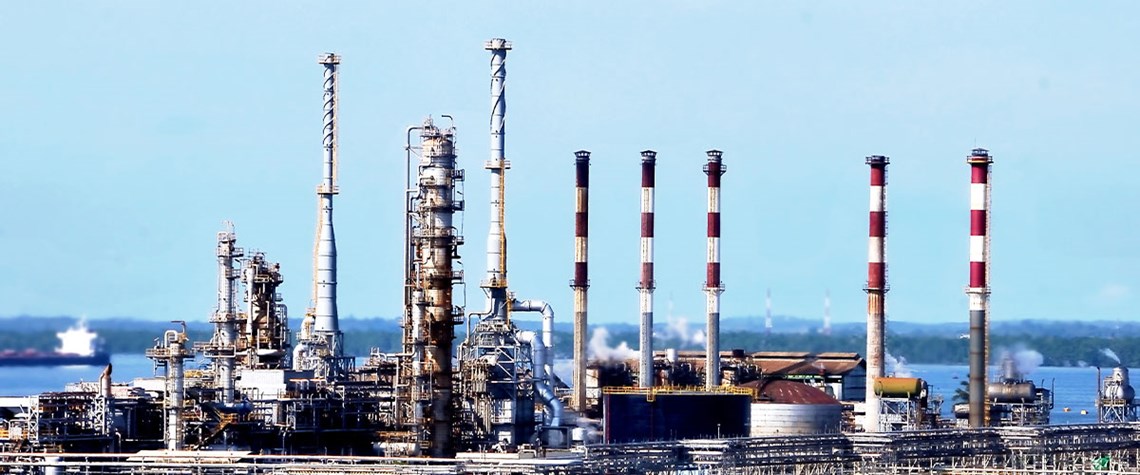Southeast Asian NOCs plot divergent transition strategies
The three most prominent NOCs in Southeast Asia will play to their individual strengths as they seek to decarbonise, with each company looking to capitalise on opportunities in their local markets
Malaysia’s Petronas, Indonesia’s Pertamina and Thailand’s PTT have been tasked by their respective governments to safeguard and monetise their nation’s hydrocarbons resources while ensuring energy security. At the same time, Indonesia, Malaysia and Thailand have all announced net-zero targets. As the largest state-owned enterprise in each country, the NOCs will play an outsize role in how their governments will reduce emissions in the coming decades. And that could result in a conflict between achieving these potentially converse strategic goals. Each company has embarked on lower-carbon pathways and outlined individual decarbonisation ambitions. Petronas targets net-zero emissions by 2050,

Also in this section
17 February 2026
The 25th WPC Energy Congress, taking place in Riyadh, Saudi Arabia from 26–30 April 2026, will bring together leaders from the political, industrial, financial and technology sectors under the unifying theme “Pathways to an Energy Future for All”
17 February 2026
Siemens Energy has been active in the Kingdom for nearly a century, evolving over that time from a project-based foreign supplier to a locally operating multi-national company with its own domestic supply chain and workforce
17 February 2026
Eni’s chief operating officer for global natural resources, Guido Brusco, takes stock of the company’s key achievements over the past year, and what differentiates its strategy from those of its peers in the LNG sector and beyond
16 February 2026
As the third wave of global LNG arrives, Wood Mackenzie’s director for Europe gas and LNG, Tom Marzec-Manser, discusses with Petroleum Economist the outlook for Europe’s gas market in 2026







